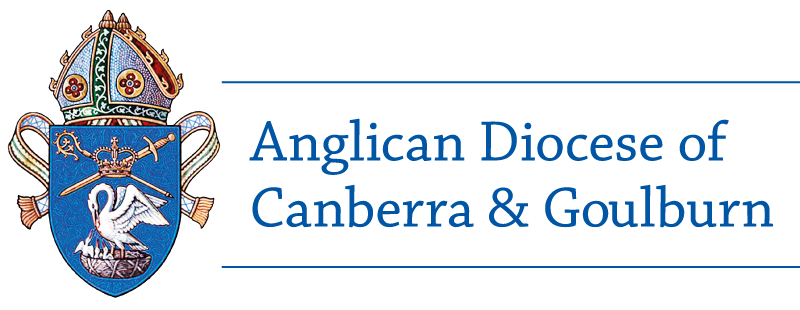Over the last couple of weeks, the national conversation has turned its gaze to Australia day and whether we should #changethedate. There are two big dangers here:
Firstly, moving the date will be about as well received as when the English Puritan Parliament cancelled Christmas from 1643 to 1660 (yes, this actually happened). It’d turn Australia Day into a kind of martyr and become a rallying cry for Australia’s alt-right.
But secondly, and perhaps more importantly, by changing the day we might enable the rest of non-indigenous Australia to forget. There is something uncomfortable about Australia Day, and moving the date risks a kind of fake repentance, where we believe we’ve progressed more than we have.
Some have argued we should pick a date not anchored in history, like May 8 (Maaate!) [ignoring the fact that Australians say 8 May not May 8 because we’re not Americans].
Other dates have been bandied about on the theory that a national day is designed to be specifically about inclusion, where every member of the Australian community is supposed to be drawn together by shared values, heritage, sense of nationhood, etc.
The trouble is, no date like that exists (or, for that matter, many shared values, heritage or sense of nationhood). The gospel leads us to see that sin poisons even our happiest celebrations. Google “list of indigenous massacres” and you’ll see that there are literally hundreds of them dotted across the year. Ours is a blood-soaked calendar.
And this is perhaps where a gospel voice can be most helpful in the mess of our moment. Because God is in the redemption business. Redemption means we see our sin (personal and national) for what it is. Australia day should be uncomfortable. Our old ways of celebrating by minimising evil and maximising mere barbecues and “matehood” should be ugly to us.
But it also means living a new life in the midst of the old. Old sins cast long shadows but Jesus is the light of the world. He is able to bring healing and truth and reconciliation out of the most damnable evil.
In that way, Australia Day has a lot to learn from Good Friday. There is something appropriate about the stomach knotted with disgrace. But there’s also terrific joy in hard-won forgiveness. Let’s sit in the mess and hold out hope for a brighter future.
by Reverend Steve Boxwell

